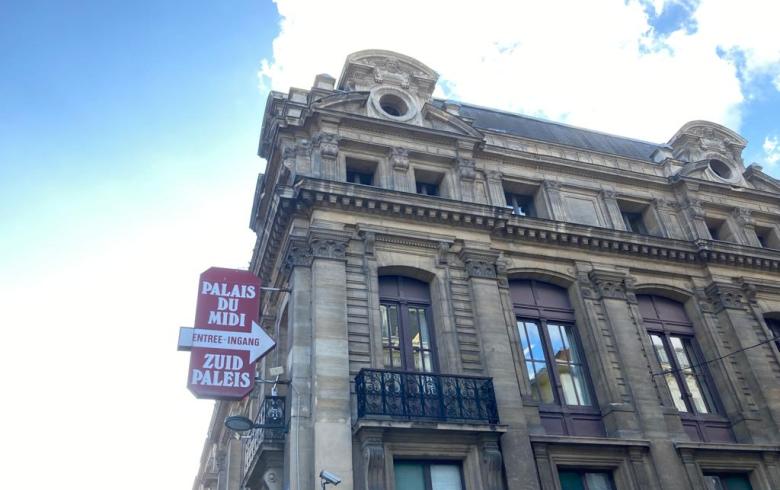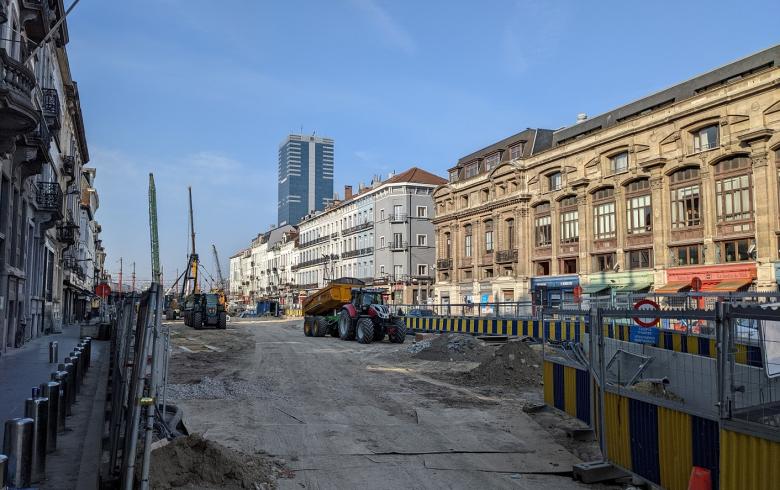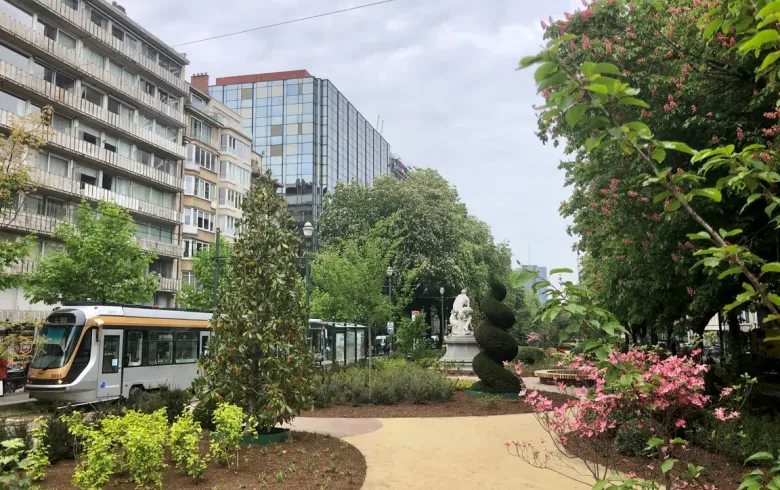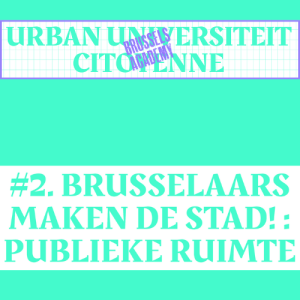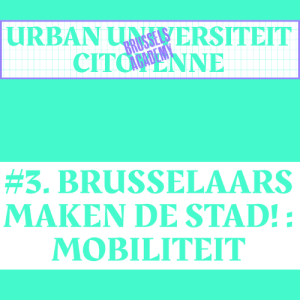Wanted: Postdoc for BRAL & VUB
VUB is looking for a postdoc to work with them (and BRAL, as a partner) in Brussels on a three-year research project funded through the JPI Urban Europe / ERA-NET Cofund Smart Cities and Communities scheme. A background in action research or working with local stakeholders and expertise in urban mobility and sustainability is considered favorably in the selection process.
Thanks for forwarding this job description to people you might know that are interested.
Postdoc: SmarterLabs – Improving Anticipation and Social Inclusion in Living Labs for Smart City Governance
Vrije Universiteit Brussel (VUB)
Location: Brussels, Belgium
Starting period: March 2016
About the research project:
The SmarterLabs project deals with two major risks to a successful, widespread implementation of smart transport technologies. These two risks concern (1) unforeseen barriers to large-scale change in socio-technical systems, and (2) exclusion of social groups not matching the required ‘smart citizen’ profile. The proposed novel, ‘smarter’ approach will be developed, tested and refined by retrospective analysis of urban mobility governance and by action research in Living Lab experiments in four western European cities: Bellinzona (CH), Brussels (BE), Graz (AT) and Maastricht (NL). The main feature of this approach is to anticipate these two major risks through ex-ante diagnosis, and then address these explicitly in the design of the Living Lab experiments in such a way that an enhaced success rate can be achieved in the uptake of smart urban mobility innovations.
The overall design of the Living Lab experiments is based on principles of ‘transition experiments’ (Hoogma, Kemp et al., 2002). In contrast to traditional innovation experiments aimed at testing and demonstrating change, transition experiments focus on broad stakeholder involvement, co-creation, and strategic learning to achieve systemic change (Kemp & van den Bosch 2006; van den Bosch, 2010). This approach will be combined with the logical levels approach (Janschitz & Zimmermann, 2010) to guide the development of a shared, holistic vision of the smart city as an overarching framework for setting the goals for learning. For the practical implementation of the case study experiements, ‘systemic action research’, as developed by Burns (2007, 2012), will be adopted, This permits to take proactively into account any uncertainties and complexities associated with real-life settings, including place-specific particularities.
Job description:
The postdoctoral researcher will work on the case of Brussels, which focuses on the impact of urban mobility on air quality. In close collaboration with a local NGO (BRAL – http://www.bral.brussels/en), the postdoc will be involved with, and analysis of, the development of a living lab setting, in which different actors, including citizens, organizations, experts and public authorities work together to develop criteria, participatory measurements, identify geographic patterns of air quality in Brussels, and develop and implement appropriate analytical modi operandi. The postdoc wil also participate in, and contribute to, the preparation of reports and various forms of academic publications, and engage in presentations on the project in workshops and at national and international conferences.
The postdoc will be based at the Cosmopolis Centre for Urban Research (http://www.cosmopolis.be) and the Center for Studies on Media, Information and Telecommunication (SMIT) (http://www.smit.vub.ac.be), both lead members of the Brussels Centre for Urban Studies (BCUS) (http://urbanstudies.brussels) at the Vrije Universiteit Brussel (VUB). The candidate will also act as day-to-day ‘Brussels coordinator’ in the international SmarterLabs consortium that includes Maastricht University (NL), the University of Graz (AT) and the University of Applied Sciences and Arts of Southern Switzerland in Bellinzona (CH), as well as local stakeholders in the four cities.
Job profile:
The researcher should have a PhD in a field relevant to the project (e.g. urban studies, geography, environmental studies/sciences, science and technology studies, mobility and planning, media and communication studies, transport planning, sustainability studies). Ideally, the candidate possesses strong qualitative research skills (e.g. observation, interviews, documentary analysis) and experience with action research and/or working with local/regional stakeholders in policy processes, project design and management, planning processes, etc. Excellent communication and writing skills in English are a prerequisite, since the postdoc will play a key role in communicating with all members of the international consortium and realising international English-language publications on the basis of their empirical work in this project.
Conditions of employment:
Depending on nationality and work experience, the postdoctoral researcher may be employed either on postdoc bursary terms, or on a fixed-term standard employment contract as researcher. International candidates (non-Belgian nationality, no previous work experience in Belgium, and PhD degree from a non-Belgian university) can be hired full-time (1.0 FTE, 38 hours per week) on a bursary scheme. Others will be employed on fractional terms (approx 0.6 FTE (depending on previous qualifications and work experience). Either way, the position is available for a fixed term of three years. Starting date: March 2016, or as soon as possible thereafter.
Information and application:
For more information about the project and position, please contact Bas van Heur (bvheur@vub.ac.be). To apply, please e-mail a motivation letter and CV, including list of publications, to Bas van Heur no later than 1 February 2016. Interviews (in Brussels or via Skype) with the shortlisted candidates will take place in the first two weeks of February 2016.

